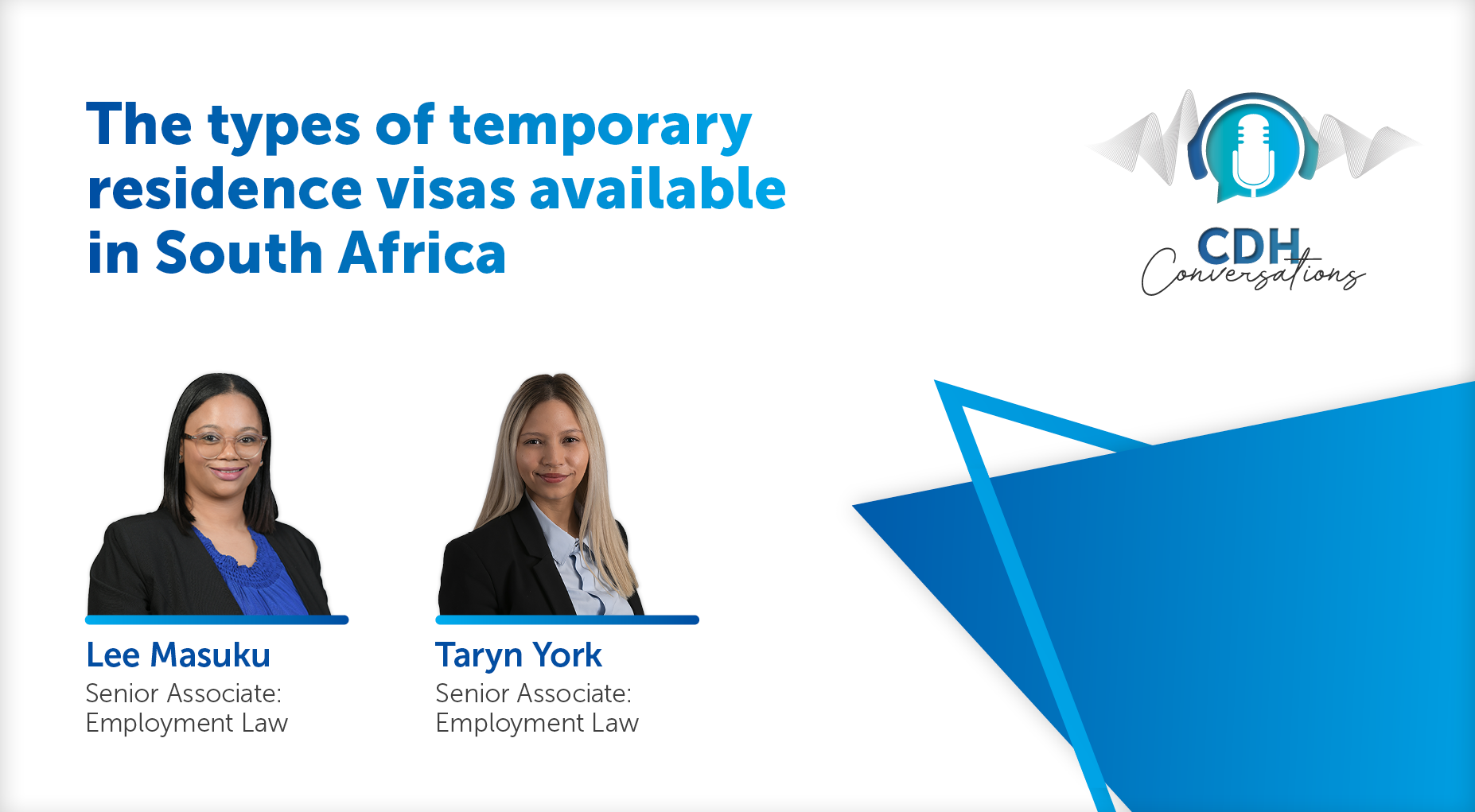Mind the gap: Bridging the cultural divide and broadening pathways to education
English speaking students enrolled at Stellenbosch University prior to 2016 would only have been able to attend some classes in English, with the remaining classes being offered in Afrikaans (with the assistance of an interpreter), while Afrikaans speaking students were able to attend all classes in Afrikaans. Following the Fees Must Fall and Open Stellenbosch movements, the Senate and Council of Stellenbosch University revisited the University’s language policy and adopted a revised language policy in 2016, which shifted the status quo by providing for 100% English tuition and not including a similar regime for Afrikaans tuition, as was previously the case.
The 2016 language policy was promptly challenged in 2017 in the Western Cape High Court by Gelyke Kanse, an organisation established to promote and preserve Afrikaans mother-tongue education in South Africa. The High Court in Kanse v The President of the Convocation of the Stellenbosch University 2017 JDR 1687 held that the previous 2014 language policy fell foul of the “reasonably practicable” criterion set out in section 29(2) of the Constitution, while, by contrast, the 2016 language policy conformed with section 29(2).
The decision of the Western Cape High Court was then taken on appeal to the Constitutional Court, on the basis that it violates section 29(2) of the Constitution and contravenes the rights enshrined in sections 6(2), 6(4) of the Constitution and the right to equality, amongst others.
Evidence lead in argument showed that, near-universally, English and Afrikaans-speaking first-year entrants to the University were able to speak and understand English whilst only a minority of students could speak and understand Afrikaans. Kanse argued that the State has a duty to undertake positive measures, in terms of section 6(2) of the Constitution, to elevate the status of indigenous languages and cannot diminish existing language rights without proper justification. Kanse further argued that to ameliorate the exclusionary impact of Afrikaans, the University must up its parallel medium by offering a fully parallel tuition in both English and Afrikaans, thereby preventing any marginalisation, exclusion or stigmas. However, the University determined by careful study that changing to a fully parallel medium tuition would entail a 20% increase in fees, a solution that the court agreed, is not reasonably practicable. The University further argued that the 2016 language policy was specifically adopted to give effect to “equity, redress and practicability” (in terms of section 29(2) of the Constitution) by broadening access to African students.
The Constitutional Court’s judgment was handed down in the context of the many historical and current institutional privileges that white Afrikaans-speaking students continue to enjoy in South Africa. The Constitutional Court held that the primacy of Afrikaans under the 2014 language policy created an exclusionary hurdle for African and English-speaking students studying at Stellenbosch. Separate classes in English and Afrikaans or single classes conducted in Afrikaans (with the aid of an interpreter) made African students, who were not conversant in Afrikaans, feel marginalised, excluded and stigmatised. Ultimately, the court concluded that the exclusion of non-Afrikaans speakers from full participation in tuition and other institutional benefits is a legitimate basis for upgrading to English, while continuing to offer significant tuition in Afrikaans, even while sacrificing the previous primacy of Afrikaans.
Kanse, and those who share the same views as Kanse, might consider this judgment as the end of Afrikaans culture at Stellenbosch. Kanse attempted to create a theme in argument that the identity of the Afrikaans population is defined by its language and that the 2016 Language Policy will diminish the identity of the Afrikaans people. But identity is a multifaceted concept that consists of a variety of expressions, speakers and histories and protection of identity in a constitutional democracy must happen in the context of all our communities and an overall balancing of rights. It is in this spirit that the debate on the medium of instruction at universities such as Stellenbosch has to be conducted.
The information and material published on this website is provided for general purposes only and does not constitute legal advice. We make every effort to ensure that the content is updated regularly and to offer the most current and accurate information. Please consult one of our lawyers on any specific legal problem or matter. We accept no responsibility for any loss or damage, whether direct or consequential, which may arise from reliance on the information contained in these pages. Please refer to our full terms and conditions. Copyright © 2026 Cliffe Dekker Hofmeyr. All rights reserved. For permission to reproduce an article or publication, please contact us cliffedekkerhofmeyr@cdhlegal.com.
Subscribe
We support our clients’ strategic and operational needs by offering innovative, integrated and high quality thought leadership. To stay up to date on the latest legal developments that may potentially impact your business, subscribe to our alerts, seminar and webinar invitations.
Subscribe




